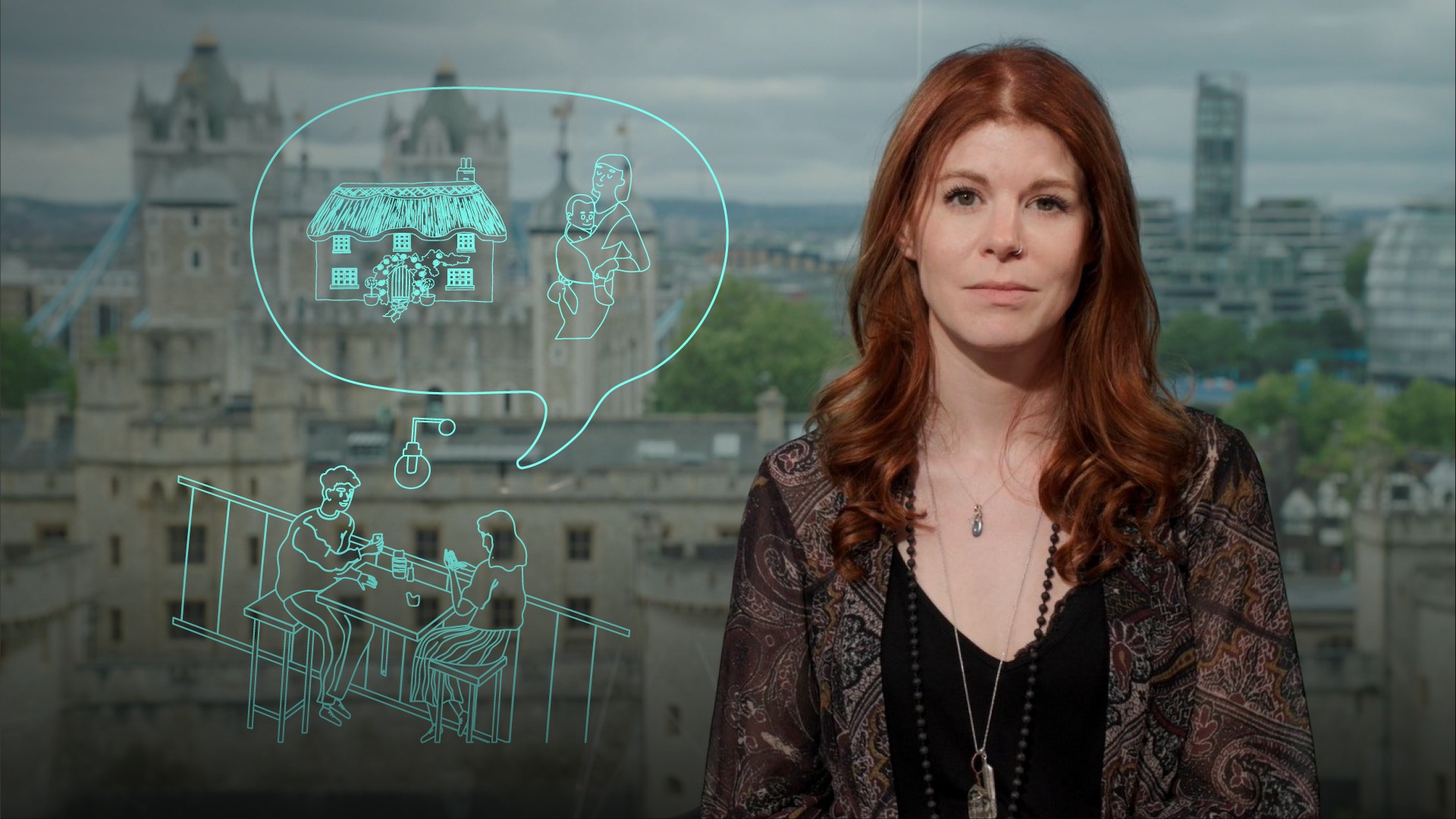
Curiosity as a Connection Supercharger

Vix Anderton
Wellness & productivity specialist
Everyone is interesting, if you get interested enough.
Everyone is interesting, if you get interested enough.

Curiosity as a Connection Supercharger
4 mins 1 sec
Key learning objectives:
Why are assumptions problematic in relationships?
What can we do with our assumptions?
Learn how to never have a boring conversation again
Overview:
Everyone is interesting, if you get interested enough.
Our brains are constantly creating expectations and assumptions about our environment and the people around us. This natural tendency to assume and expect, if gone unchecked, can create all sorts of problems in our personal and professional relationships because when we create assumptions about others, we will often be sorely disappointed or confused by the actual outcome, as much of the time our assumptions are incorrect. It can also rob us of the chance to truly get to know someone, or can limit the creative expression of that person as we put them in a metaphorical box.
We can’t simply disregard our assumptions and expectations. Instead, we can notice when we have an assumption, an expectation or a judgement and we can get curious about it. We can name the assumption and we can check it out. By doing this, we can get to know the other person better and start dealing with what’s actually happening in reality, and not just in our evolution-fuelled imaginations.
Partner Exercise - The Curiosity Game
Time: 20 minutes
Setup: Sit opposite your partner and decide who’s going first – that’s partner A. You will need a device to time each round.
The basic tenet of this game is that everyone is interesting, if you can get interested in them. This is an exercise in tapping into your curiosity and asking interest-ed questions, rather than questions that make you sound interest-ing and clever.
Partner A is going follow their curiosity and ask questions to Partner B - what do you want to know about this person? You can leave any social norms at the door and ask anything you want, really! Partner B, you can answer the questions in as much depth as you feel comfortable with. You are always welcome to say that you don’t want to answer a question and Partner A will move onto a different question.
- Round 1: Partner A asking questions and B answering. A can ask anything they like - B can decline if they want. Remember to ask interestED questions, not interestING ones. (3 minutes)
- Round 2: A asks B questions, and B rates A’s questions but does not answer. 0 = I have absolutely no interest in answering that; 5 = I can’t think of anything I would rather talk about more right now. (1 minute)
- Round 3: A now has a sense of what B might be interested in talking about and has another 3 minutes to ask questions. B can answer this time. (3 minutes)
- Round 4: Partner A shares impact with B. You can use “the moment I felt you the most was…” or “what I think I get about you is…" (2 minutes)
Swap over and play again. At the end, remember to thank each other and share a little about your experience in both roles.

Vix Anderton
There are no available Videos from "Vix Anderton"

